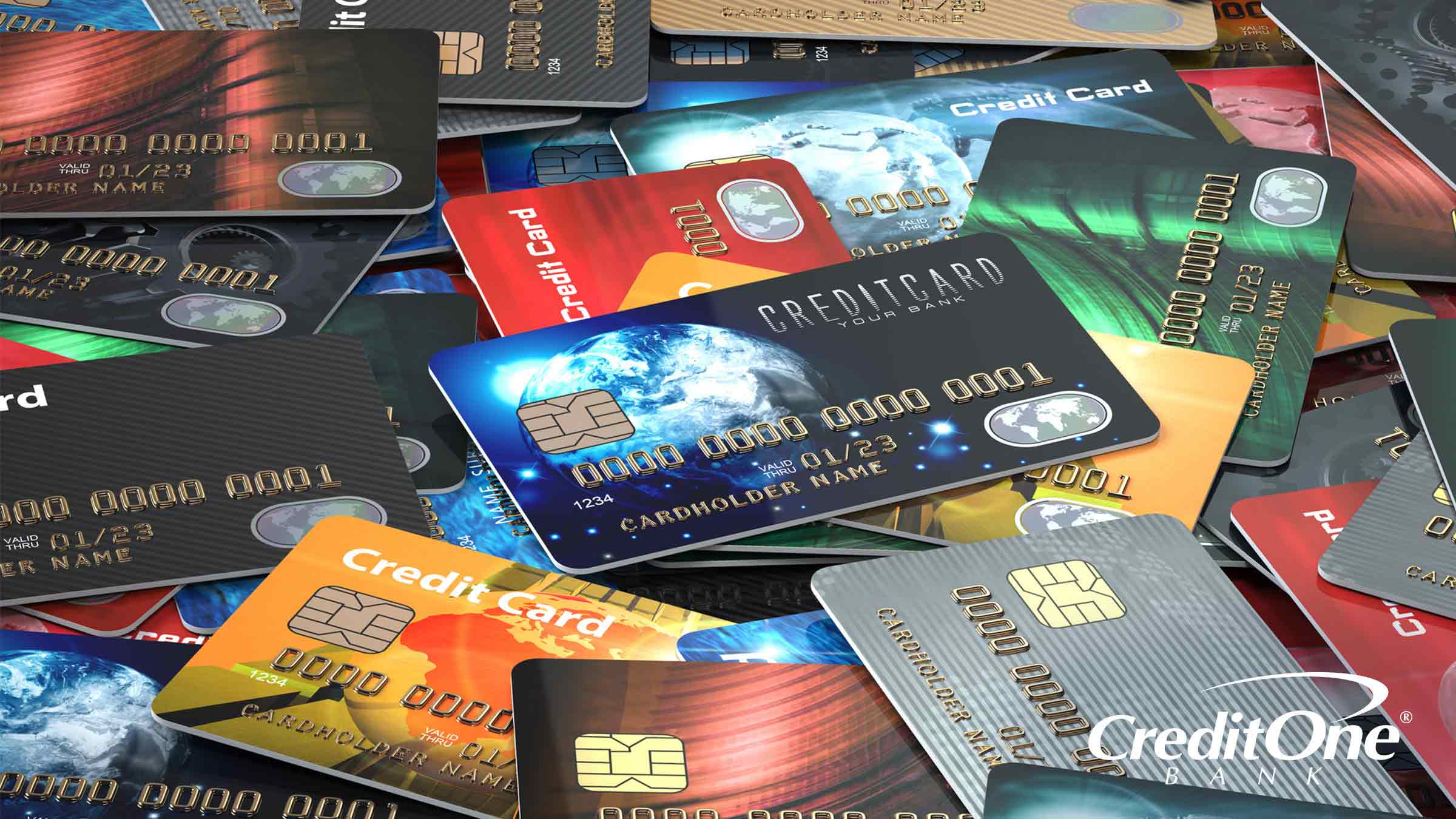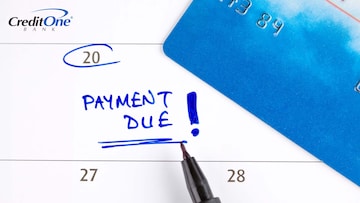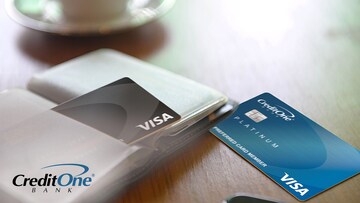How Many Credit Cards Are Too Many?
May 01, 2024
Credit cards can increase your purchasing power, but how many credit cards are too many? There are both pros and cons of having multiple cards.

In this article:
Key Takeaways
- There’s no magic number of credit cards to have. The “right” amount varies from person to person and their financial situation.
- The number of cards you own can impact your credit utilization and credit age — both of which affect your credit score. But regular, timely payments still have the biggest impact on your score.
There are pros and cons to having multiple credit cards in your wallet. The key is knowing how to spot the signs that you may have too many.
How Many Credit Cards Are Too Many?
Credit cards can increase your purchasing power. Just one credit card can give you a convenient way to buy big-ticket items, cover emergency expenses, and pay for vacations without tapping into your checking or savings accounts. Multiply that power by three, and it might seem excessive. But not to everyone.
There are numerous reasons to have more than one credit card in your wallet. Owners of multiple credit cards might choose cards to match their lifestyle, budget, or financial goals. But it is possible to have too much of a good thing.
While there’s no ideal number that applies to every financial situation, there are some general things that help determine when you’re nearing your personal credit card threshold.
You might have too many credit cards if:
Late payments are becoming the norm – A series of late payments might be due to disorganization, but it could also be the result of not having enough funds to pay your bills. Evaluate your bill-payment system and your budget if late payments become an issue.
Your credit score is on the decline – If the balance on one or more of your credit cards is close to its credit limit, your credit score may suffer. Credit utilization, the amount of available credit compared to your credit limit, is one factor used in establishing credit scores. Higher credit utilization ratios are associated with lower credit scores.
Minimum monthly payments are straining your budget – The higher the credit card account balance, the larger the minimum required monthly payment. And even if you have smaller balances spread across multiple cards, those minimum payments can add up to a large chunk of money.
Review your last six credit card statements. Are the minimum required payments increasing each month, making it harder to pay your other bills? If so, the number of credit cards you own might be more of a financial burden than you realize.
How Many Credit Cards Does the Average American Have?
According to an Experian report, the average American holds nearly four credit card accounts — 3.84 to be exact.
Is this too many? Too few? It depends on the person.
Benefits of Multiple Credit Cards
Along with having a higher total credit limit, there are some other potential upsides to owning multiple credit cards.
You’ve got a backup card – If you come across a merchant that doesn’t accept credit cards from one network — such as Mastercard® or American Express® — and you possess a card that uses a different one, you may still be able to make your purchase on credit. And if your credit card should be lost, stolen, or closed for suspected fraudulent activity, having a backup or two won’t relegate you to using cash or a debit card until you get a replacement credit card.
The opportunity to earn more rewards – By having more than one rewards credit card, you increase the number of opportunities to earn cash back, points, airline miles, and more, depending on the card.
Meet specific goals with rewards – Because credit card rewards vary with each card, you may use a card to achieve a particular goal or target. For example, using a travel rewards card as the primary credit card for a set period can help save on upcoming travel expenses. Depending on program details, miles or points earned from purchases could pay for airline tickets, car rentals, hotel stays, or more.
Monitor your expenses – Assigning one credit card to a household expense category, such as groceries or gas, can help identify overspending. You can monitor your credit card accounts to review and track spending patterns and determine if budget adjustments are necessary.
Separate personal from business spending – Designating a credit card for business expenses is a good way to keep track of deductible purchases. A clear record of business expenses may also make tax filing less complicated. Credit card statements can support business record-keeping and expense-management systems.
Potential Downsides of Having Multiple Credit Cards
Where there are potential benefits, there are also possible downsides to having multiple credit cards.
Continuous payment tracking – Juggling multiple credit card accounts can lead to missed or late payments of account balances and due dates. Close monitoring may be necessary to stay on top of things. Even one late payment can negatively affect credit scores.
Higher debt-to-income ratio – If you’re planning to buy a home while maintaining multiple credit cards, you might want to consider paying them off or reducing balances before submitting a mortgage loan application. Lenders compare the amount of debt with gross income to calculate a debt-to-income (DTI) ratio. If a DTI is too high and exceeds the lender’s underwriting policy threshold, it can hurt the applicant's chances of securing the loan.
Increased opportunities to overspend – Multiple credit cards give you more purchasing power because of more available credit. If one card is at or near its credit limit, it’s tempting to turn to another to make additional purchases without considering monthly budget constraints. If spending restraint is not exercised, unpaid balances compounded with interest can quickly snowball.
Does Having More Credit Cards Increase Your Credit Score?
Your credit score is not going to increase just because you have multiple credit cards. It depends on your financial situation and what you do — or don’t do — with those credit cards. Regardless of the number of cards in your wallet, your credit score could see gains if you keep your balances low and always pay your bills on time. And vice versa.
Should I Close Unused Credit Cards?
Closing unused credit cards isn’t always the right move. Your credit history and available credit are factors in determining your credit score. So, when you close an account, you can end up hurting your credit because you’re lowering your average age of accounts — especially if you close an older card in good standing. Plus, closing an account means you’re reducing your total available credit. If the sum of your revolving credit limits goes down, your overall credit utilization ratio could go up. And if it goes above 30%, this can shave some points off your credit score.
However, there are times when closing an unused card could make sense, such as if it has a high annual fee.
Bottom Line
The maximum number of credit cards you should own will largely depend on your means and financial goals. A cookie-cutter approach to credit cards isn’t realistic since it ignores individual lifestyle and monetary needs. Plus, responsible credit card users recognize when to pass on the credit card offers that aren’t beneficial to achieving their overall financial goals.
If you’re looking to add a credit card to your wallet, see if you pre-qualify for a Credit One Bank credit card without harming your credit score.




